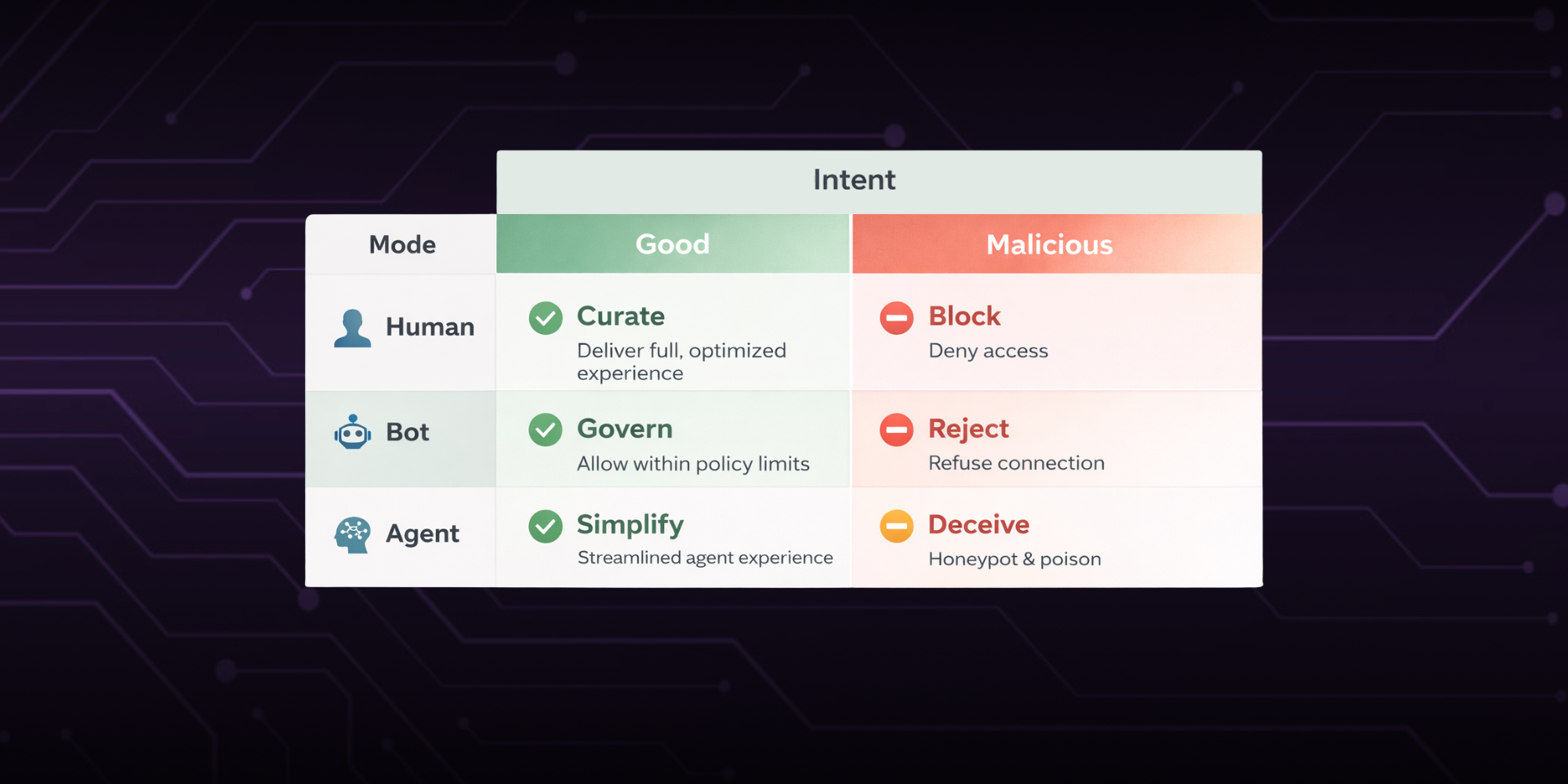
#27: DOJ Shuts Down Crypto Fraud Unit, Sextortation Scams Surging, Trump Targets SentinelOne
This week’s stories have a common thread: silence—the silence of enforcement, of oversight, and of an industry that knows better. As a startup founder fighting hard to be safe and honest, it's worrying and front-of-mind to see our work politicized. We do a ton to identify and shut down foreign money flows that use online platforms to route bribe money. (And to be clear, both major U.S. political parties are being targeted with this bribe money.) There’s no smoking gun here, just work to keep the internet and democracy honest.
When that work becomes politicized, or when the people who should speak up go quiet, it puts all of us at greater risk. Fraud thrives in that kind of silence. And that’s exactly what we can’t afford.
Let’s get into it.
NATE'S TAKE - APRIL 15, 2025
Top Three This Week
- Trump DOJ Shuts Down Crypto Fraud Unit as Industry Donors Rally
- Sextortion Scams Are Surging—and Teen Boys Are the New Target
- Trump Targets SentinelOne, and the Cybersecurity Industry Falls Silent
1. Trump DOJ Shuts Down Crypto Fraud Unit as Industry Donors Rally

The Trump administration has officially disbanded the Department of Justice’s crypto fraud enforcement unit, per a memo obtained by The Washington Post. The directive, issued by Deputy Attorney General Todd Blanche, tells prosecutors to drop ongoing investigations into exchanges, mixers, wallets, and other platforms, calling past efforts “regulation by prosecution.”
Instead, DOJ resources will focus only on crypto used in crimes like terrorism and cartel activity—leaving behind enforcement of everyday fraud, regulatory violations, and investor abuse.
This shift comes as Trump has embraced the crypto industry ahead of the 2024 election—headlining the Bitcoin Conference, launching his own “crypto platform,” and receiving major donations from crypto executives and companies under previous investigation.
For fraud fighters, the concern is clear. Crypto isn't just used in extreme crimes—it funds pig butchering, romance scams, and laundering through online platforms. Weakening enforcement sends a message: if it’s not a headline crime, it’s not a priorit
As we’ve covered before, the less government acts, the more pressure falls on platforms to detect and disrupt fraud on their own. That job just got harder.
2. Sextortion Scams Are Surging—and Teen Boys Are the New Target

Photo: USA Today
Teenage boys are being targeted by sextortion scams at alarming rates, with many cases ending in suicide.
Scammers typically pose as teenage girls, coercing boys into sending explicit content and then extorting them for money. In many cases, victims are told their photos will be sent to family and friends if they don’t pay. Even more devastating—some victims follow through with payment, only to have the threats continue anyway.
These scams aren’t new, but their intensity and reach have escalated. FBI officials say reports to the agency have more than doubled since 2021, with hundreds of thousands of cases likely going unreported.
For fraud fighters, this is a sobering reminder that fraud is not always about money—it’s about manipulation, fear, and psychological harm. These scams often originate on social platforms, gaming apps, and encrypted messaging services. And unlike other fraud types, the damage here isn’t just financial loss—it’s trauma, shame, and in the worst cases, death.
This is a place where platform safety, education, and early intervention matter just as much as detection. And we all have a role to play.
3. Trump Targets SentinelOne, and the Cybersecurity Industry Falls Silent

The cybersecurity industry has gone quiet after President Trump revoked the security clearances of executives and employees at SentinelOne, a leading security firm. The move, reported by Reuters, is part of what’s being described as a broader effort to use government power against political opponents.
SentinelOne’s offense? Hiring Chris Krebs, former director of the Cybersecurity and Infrastructure Security Agency (CISA) and a Trump appointee who publicly rejected claims of election fraud in 2020. Trump fired Krebs over Twitter shortly after the election, and now appears to be using his role at SentinelOne as justification for punitive action.
This is unprecedented. And dangerous.
Cybersecurity leaders across the industry have largely remained silent, despite the clear implications: criticizing disinformation or hiring those who do could now put your company in the crosshairs. When security firms are targeted for who they employ, not what they do, it sends a chilling message across an industry tasked with defending critical infrastructure, elections, and yes—fraud prevention systems.
Staying quiet may seem safe. But silence, in this case, is a choice. And it's one fraudsters and foreign adversaries are counting on.
Ready to get started with Spec?
Nate Kharrl, CEO and co-founder at Spec, has built leading solutions for application security and fraud challenges since the early days of the cloud era. Drawing from his cyber experience at Akamai, ThreatMetrix, and eBay, Nate helped found Spec to focus on the needs of businesses operating in a landscape of increasing AI risks. Under Nate’s leadership, Spec grew from its mid-pandemic founding to raise $30M in venture-backed funding to build solutions used by Fortune 500 companies transacting billions in online commerce. Spec’s service offerings today include protective measures for websites and APIs that specialize in defending against attacks designed to bypass bot defenses and risk assessment platforms.




